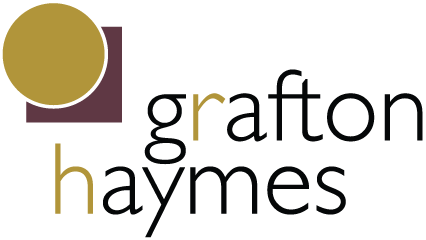Seven out of 10 learning and development teams are too busy fire-fighting their day-to-day challenges to focus on the strategic talent and learning issues in their organisations, according to a survey published today by Knowledge Pool, the managed learning company.
The survey asked 104 learning and development managers about their perceptions of training in their organisations. More than two-thirds (69%) claim their training department is under-resourced and 42% say that training receives inadequate support from senior managers. Only 56% feel that the training activities in their organisation ‘add value’.
“Lack of resources and lack of support are a reality for today’s L&D practitioners,” said Al Bird, learning consultancy director at Knowledge Pool. “Constant fire-fighting means L&D teams don’t have the time to be strategic. This means organisations are missing an opportunity to vastly improve performance at every level.”
The survey reveals that 80% of L&D managers believe they could improve their organisation’s return on investment from training, 82% would like to develop a closer working relationship with line managers, to enable them to plan ahead more and 77% believe new opportunities for improvement could be identified through a more rigorous analysis of their training spend and evaluation data. Three-quarters say improvements could be made by using more informal and on-the-job learning methods.
“L&D teams recognise the important role line managers play and they want to involve line managers more,” said Bird. “They also recognise the right development option may not be a training intervention at all; it could be an internal assignment or a project.
“There is a strong belief that informal learning with better collaboration and on-the-job learning opportunities for staff could be the way forward, but many seem unsure of how to achieve this.
“Given more time, L&D teams believe they could reduce unnecessary training and cut out inefficiencies by analysing training booking data and evaluation response data to forecast future training needs and likely volumes,” Bird added.
